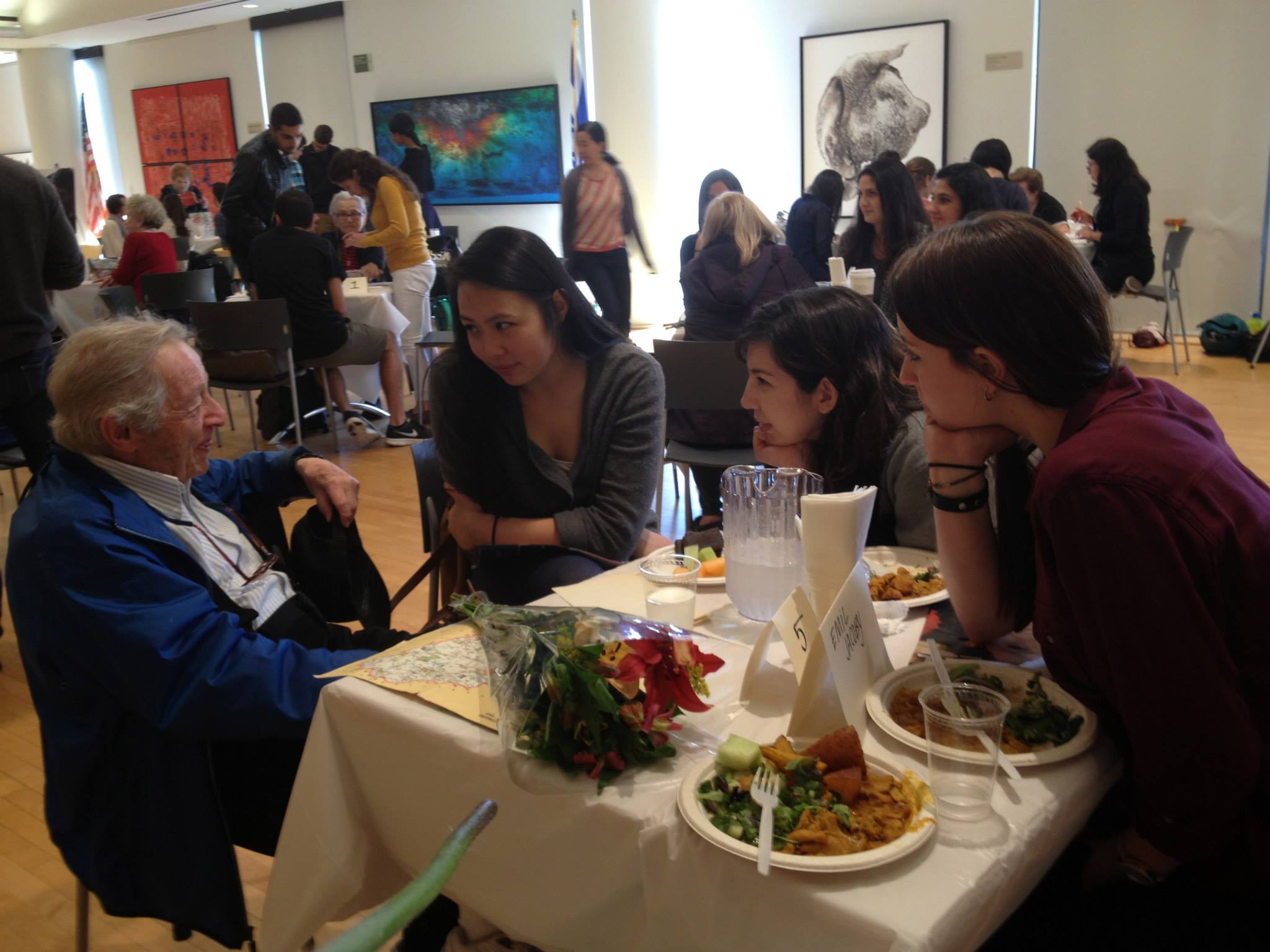In this day and age, the vast amount of information available at our fingertips leaves no excuse for anyone to be unaware of the Holocaust’s atrocities. There is a myriad of films, books, and museums depicting the horrors that Jews and other targeted minorities endured under the reign of Nazi Germany. Nevertheless, the brutality and gross human rights violations that occurred in Europe merely two generations ago are now being downplayed and denied by anti-Semitic regimes and individuals across the world.
Fortunately for our generation, Holocaust survivors are still alive to serve as living testimonials of the terrors the Jewish people went through. However, the sad reality is that our children and grandchildren will not have the chance to hear the survivors’ stories firsthand, as we have. They will be forced to resort to history books and museum visits in order to see and hear these recorded accounts on TV screens and audio recordings. Reading a paragraph in a textbook about the atrocities cannot compare to meeting eye-to-eye with survivors — seeing their tattoos and listening to them as their voices break when they speak of scenarios unimaginable to us, in which their loved ones were torn away from them and their families were broken apart.
Elie Wiesel once said, “For the dead and the living, we must bear witness.” Reading about the heinous crimes does not compare to hearing them from survivors; our sensory perception is not nearly as ignited. We must bear witness. As these Holocaust survivors are aging, we are among the last people to personally witness their stories. We are blessed with their presence, their trembling voices, their altered skin; we can witness all these things directly.
UCLA is fortunate enough to house a program at Hillel called Bearing Witness, which addresses precisely this problem. Students have the opportunity to sit face-to-face with Holocaust survivors and hear their stories. The goal is to give students insight into not only what the Holocaust was, but also how it affected these individuals throughout their life and influenced their daily struggles.
Rebecca Lerman, president of Bearing Witness, shared, “My grandparents went through the Holocaust. When my grandmother passed away last year, I realized that survivors will not be here forever and we must listen to them in order to pass on their stories.”
This is something no textbook, movie, or visit to Yad Vashem can give a person. Participants are required to meet Wednesdays from 12 to 1 p.m. at Hillel during Weeks 1 – 8 of the Winter quarter of 2015. This includes one orientation session, four lunches with survivors and four reflection sessions.
As the last generation to meet with and learn from Holocaust survivors in person, we should take advantage of such opportunities and not only proclaim, “Never again!” but, “We bear witness. We remember.”
___________________
To take advantage of this opportunity to hear testimonies from Holocaust survivors, apply to Bearing Witness by December 8, 2014. Applications and more information are available here.

